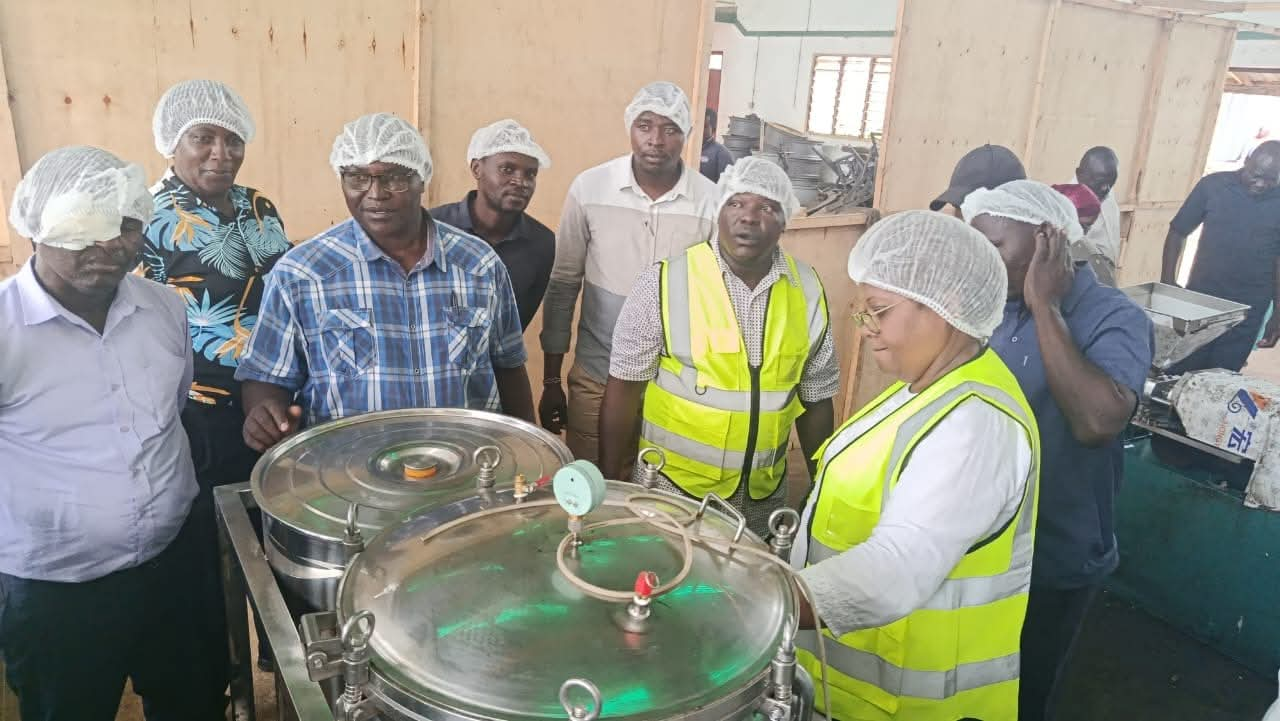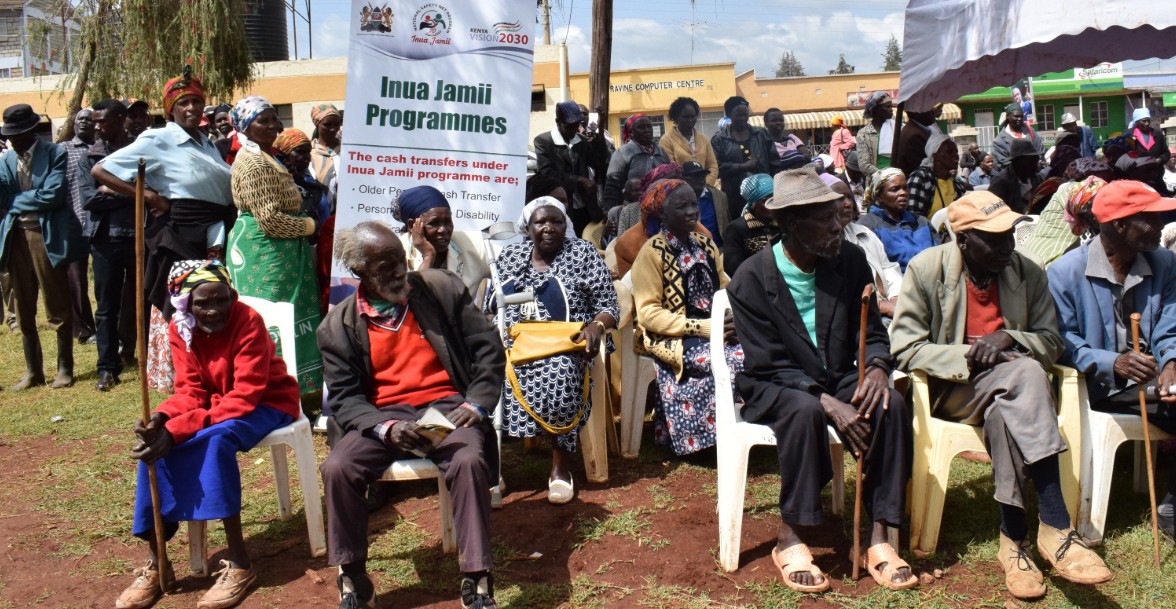Lamu farmers welcome new edible oil plant in Mpeketoni

The installation of the new processing machine marks a milestone in adding value to crops while opening up wider opportunities for farmers through increased local production.
Farmers in Mpeketoni have expressed optimism that the newly commissioned edible oil processing plant will transform their livelihoods by ensuring they reap more value from their harvests.
The plant, located at the Agricultural Technology Development Centre in Mpeketoni, is the result of a partnership between the Lamu County Government and the Nuts and Oil Crops Directorate (AFA).
More To Read
- Police seize 13 trucks, bust massive counterfeit cooking oil ring in Mombasa
- Edible oil scandal: Court allows DPP to withdraw case against ex-KNTC official
- MPs raise concerns over effectiveness of Sh981 million edible oil crop promotion project
- Revealed: Kenya lost Sh6.6 billion in controversial edible oils deal
- Al-Shabaab attack still haunts Lamu’s hotel industry ten years later
- Revival of cotton cultivation in Lamu: Hope on horizon for Mpeketoni farmers
The installation of the new processing machine marks a milestone in adding value to crops while opening up wider opportunities for farmers through increased local production.
“We have been struggling for years to sell sunflowers and simsim at low prices because we lacked proper processing facilities. Now that we can produce oil locally, we believe our income will improve,” said Fatuma Ali.
Another farmer, Hassan Omar, noted that the facility would save producers from exploitation by middlemen. “Before, traders from outside would buy our nuts cheaply and leave us with nothing. This machine means we can process and package the oil ourselves,” he said.
For Khadija Hajj, who grows groundnuts on a small scale, the plant offers hope of stability. “Sometimes the market was unreliable, and we could not find buyers. If the oil can be made here, we know our crops will not go to waste.”
Similar sentiments were shared by other local growers. “We expect better prices now that our produce will be processed into finished products rather than sold raw,” said farmer Mohamed Athman.
“This is an opportunity to lift farmers out of poverty.”
Jane Wanjiku, who cultivates sunflowers, added, “I plan to expand my acreage. With this factory in place, I am confident the demand for oil crops will increase, and I want to be ready for it.”
Lamu County Executive for Agriculture, James Gichu, described the initiative as a turning point for the region’s farmers.
“This machine is a game-changer for our farmers. With the capacity to process up to five tonnes of sunflower, simsim and peanuts per day, it represents a remarkable shift from the 500 kilogrammes farmers could only manage manually before,” he explained.
He encouraged growers to scale up their planting of oil crops to fully exploit the plant’s potential. “We now can brand, package, and market edible oils made in Lamu. This is not only about boosting farmer incomes but also about producing affordable, locally made oil that will help reduce the cost of living for our people,” he added.
Gichu thanked the Nuts and Oil Crops Directorate for their support and commended the national government for advancing the Bottom-Up Economic Transformation Agenda, which seeks to empower farmers and modernise agriculture.
AFA representative Ann Gikonyo echoed these sentiments, stressing that the government remained committed to strengthening value addition in agriculture. “Through initiatives such as this, we are working to enhance food security, reduce reliance on imports, and support farmers to thrive in a competitive market,” she said.
With a daily capacity of five tonnes, the Mpeketoni edible oil processing plant is expected to directly benefit more than 5,000 farmers across Lamu who grow sunflower, simsim, and peanuts.
Top Stories Today












































